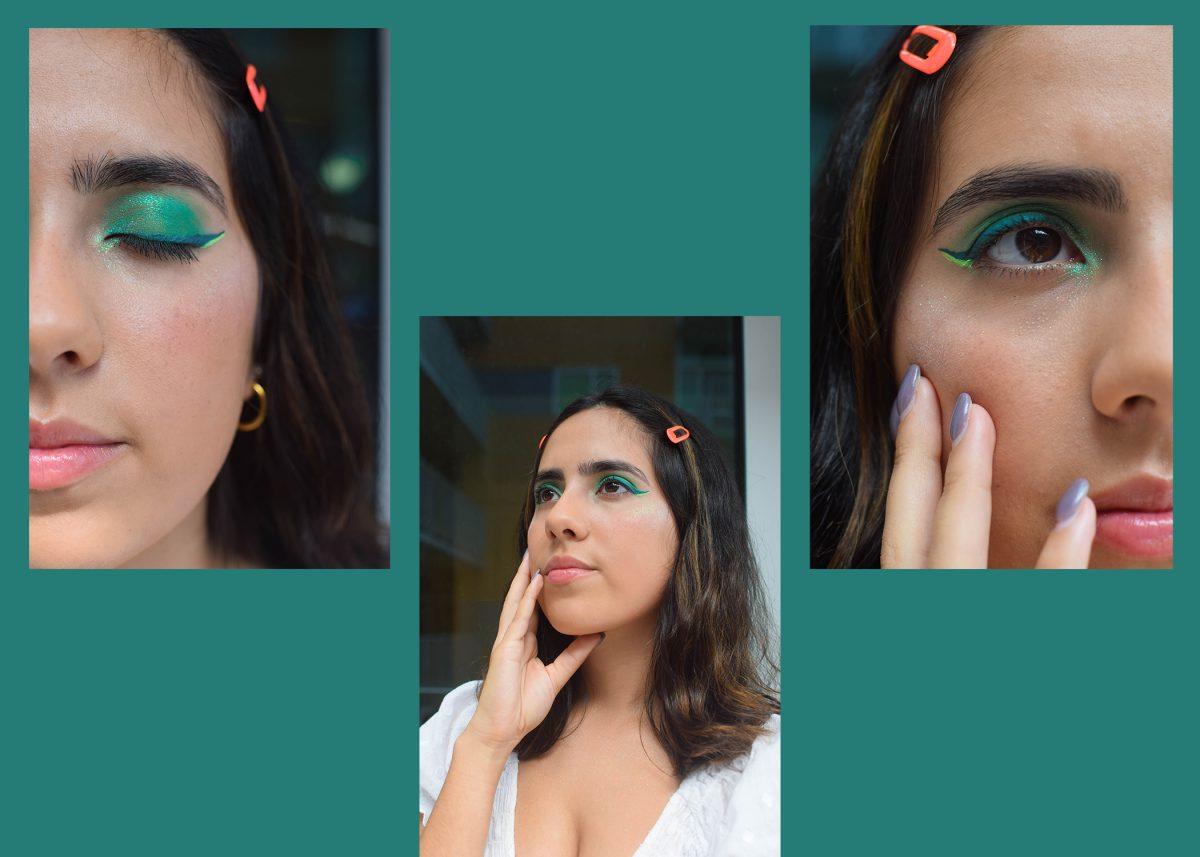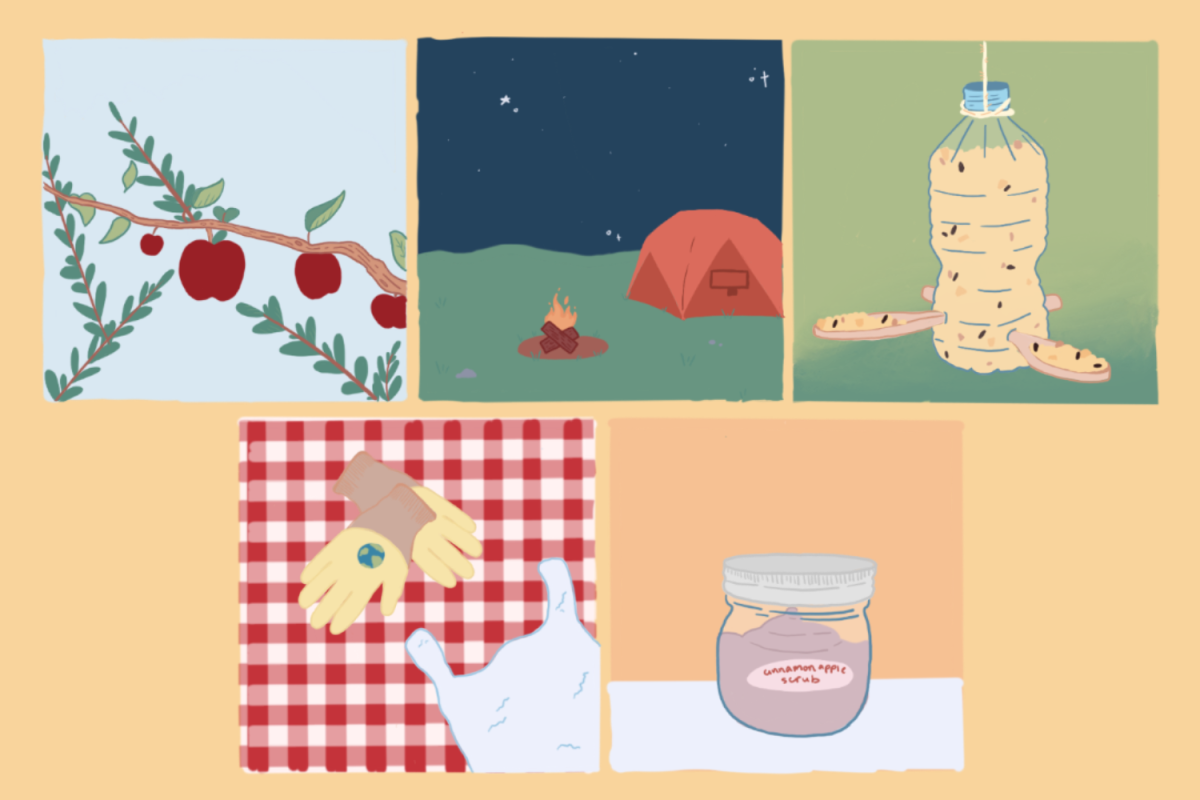It’s time for some spring cleaning! Across the country, people are throwing out their clothes, books and formerly prized possessions, and thanks to author Marie Kondo they’re ecstatic about it. As the organizational teachings of Kondo continue to pour deeper into the mainstream, more people are ridding their homes of, well, literally everything that doesn’t light them up.
Story by Langston Dillard and Laiken Neumann
Photo courtesy of Netflix
In 2011, Marie Kondo’s organizational self-help book, “The Life Changing Magic of Tidying Up,” was brought into the world. The book, which encourages readers to declutter their lives by solely holding onto objects that “spark joy,” was released in the United States in 2014 and quickly developed a rabid following of devoted organizers.
Five years later, the cult bestseller has exploded into a media sensation complete with a new Netflix reality series titled “Tidying Up with Marie Kondo.” The series spotlights Kondo as she travels through American homes, helping individuals and families clean up their lives through her beloved (and trademarked) KonMari method.
Since the Netflix original began flying across screens early this month, the minimalist Kondo has seen her impact in abundant ways. Beyond the insane uptick in (hilarious) Kondo-centric memes and tweets, resale shops have seen noteworthy increases in donations. “Thrift stores are overwhelmed as people bring stuff in after watching [Kondo’s show],” Audie Cornish says on the NPR podcast “All Things Considered.
Although this is something of a national epidemic, the KonMari Effect has undoubtedly struck in Austin specifically. Students kicked off the spring semester with an early bout of spring cleaning, encouraged (or pressured) by this new Netflix-driven phenomenon.
Some students placed more focus on their organizational habits by applying Kondo’s efficient and aesthetically pleasing folding style to their wardrobe, finding a deep KonMari cleanse to be difficult for dorm life. Kimiya Monfared, a chemical engineering freshman noticed a difference in her day-to-day organization. “I take better care of [my clothes] now, they are actually put away in my drawers all the time, not like, on the floor,” Monfared says. “My biggest takeaway from the show was that it’s okay to be messy, like, as long as you focus on actually cleaning it up.”
Others went beyond KonMari folding and focused on applying the method to as many parts of their life as possible. Neuroscience and Plan II freshman Dessie Tien revamped her closet and her shopping habits. “Definitely with buying clothes, I pay more attention to it,” Tien says. “I’m more thoughtful about what I pick, and I’m like, ‘will I actually wear this?’ Because I make a lot of impulse buys. “Now when I’m cleaning, I think ‘do I want to keep this moving forward? Do I see this in my life as I continue? And does it make me happy?’”
The joy does not end with belongings saved by Kondo enthusiasts. The KonMari method has inspired people to pass on the old items that they valued to new homes, causing an influx in donations in the local thrift market. Many of these thrift shops are non-profits, building new pathways for both the donated items and the causes they support.
Top Drawer Thrift, one of the shops in a string of thrift stores on Burnet Road, belongs to a non-profit organization called Project Transitions which provides support and care to those with HIV and AIDS. Karin Kokinda, the manager, has worked for the eccentric thrift store for nine years and recognizes how Kondo’s show has helped viewers, not only personally, but through the ability to give back to their community. “We’ve been around for thirty years, the thrift shop has been here for twenty-five, so all the money is staying in the Austin community for the most part,” Kokinda says. “I think for a lot of the other smaller non-profit thrift stores it’s the same way, and it makes people feel better knowing that their things are going to be used or purchased by other people that need it.”
Working in a donation-based thrift shop, Kokinda has seen firsthand the remarkable triumphs and the dreadful pitfalls of our personal relationship with possessions. Thrift shops like Top Drawer throughout the Austin area are receiving donations from people of all ages that provide, as Kokinda puts it, “a snapshot into people’s lives.” “Tidying Up” has stirred people across the nation to refine their own snapshots, to ensure that it includes solely their most precious items, so the spark of joy from previously-beloved belongings can be handed along to another person.
Whether or not you did some spring cleaning, one thing is for sure: 2019 is the year of endlessly sparking joy. The prophet Marie Kondo will make sure of it.












































